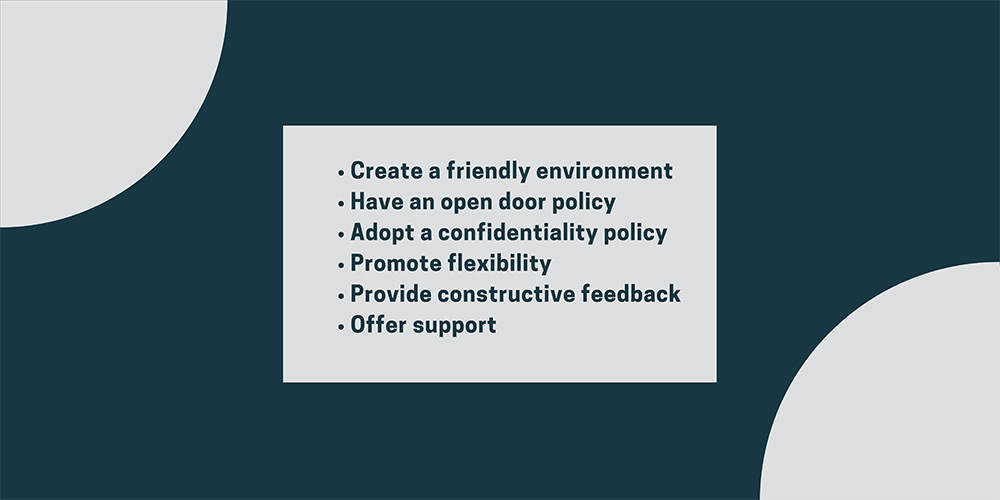Our careers and the people we work with are a great source of happiness. We celebrate many positive experiences and cherish goal achievements and a sense of purpose. Work, however, can also be a source of stress, insecurity, and overwhelming activities. Because we spend a significant portion of our lives at the workplace, chances are that, sooner or later, we are likely to find ourselves in a situation at work where our patience is tested.
Do you know how you will react to this or how you would address anger issues? You might have an outburst at the workplace with a colleague and the outcome was severely bad. However, in the words of Lao Tzu, “the best fighter is never angry”.
Earlier this year, mHub published its annual report about the state of mental health at the workplace in Rwanda. According to the survey, 8.9% of the respondents were extremely stressed every day and 43.5% were stressed at least once a day. Anger is a normal and a powerful human emotion and frequently related to stress.
The long-term physical effects of uncontrolled anger include increased anxiety, high blood pressure, and headache. Anger, when properly expressed, can be a positive and useful emotion. Long-term anger management strategies include regular exercise, relaxation technique learning, and counseling.
So, what is it that is causing everyone to be so anxious and irritated? Essentially, workplace stress and fury are the result of an unsolved issue that causes anxiety, worry, fear of failure, humiliation, or incompetence. Some common examples include the following:
- The instruction to do something that contradicts personal beliefs or has been found to be wrong
- An overly critical supervisor or a supervisor who is micromanaging
- Feeling more qualified than supervisors or colleagues who do the same job for greater pay
- The specific or promised salary increase, promotion, or major project
- Conflicts between colleagues and superiors
In many cases, anger at the workplace is not triggered solely by work-related catalysts. An employee showing anger may be dealing with a series of personal events that challenge his or her ability to deal with common stressors at work. Divorce, financial stress, serious illness, and other personal problems can easily make a person feel overwhelmed and irritated.
Tips for anger management
You must endeavor to find strategies to positively channel your frustrations in order to successfully control your emotions in challenging situations. One useful approach is the anger-management method of “turning lemons into lemonade”:
- The first step is to identify the anger catalysts. Focus on the triggers and ask yourself about the root causes and why you are getting angry as a result.
- Concentrate on calming yourself down. This is crucial. You don’t want to say or do something out of anger that you will regret later. Take a deep breath, relax, stretch, count to 100, and take a walk or a run.
- Use imagery that reminds you of a happy moment either from your mind or a visual devise.
- Slowly repeat a calming word or phrase such as “relax” or “take it easy”. Repeat it to yourself while breathing deeply.
- Avoid escalating the conflict. Try to be the bigger person. Resist the urge to participate in a confrontation or dispute that will only serve to exacerbate the situation. The greatest option is sometimes to simply walk away.
- Consider other points of view and the damages anger can cause you.
- Talk to a mental health specialist who is willing to listen and serve as a sounding board. Simply expressing your feelings can already help to resolve some of your anger. Talking through your anger issues is a healthier method to release anger.
How to talk to someone with anger issues
It is always important to know who a person with anger issues can talk to at the workplace in order to avoid damage. Angry people tend to curse, swear, or speak in high tones. This can be a distraction to the people around you and usually calls their attention. Use the following techniques when you are talking with an angry colleague or supervisor:
- Stay calm and relaxed.
- Use a calm voice.
- Be direct and specific about what’s bothering you.
- Ask, do not demand.
- Firmly make your point, then give it a rest.
Your attitude must always stay in control
You are responsible to control and regulate your own emotions. As Maya Angelou said, “if you don’t like something, change it. If you can’t change it, change your attitude”. There are plenty of things in life that we can’t control. We are frequently confronted with situations and circumstances beyond our control, but we always have power over our attitude and how we respond. Yes, anger is a normal emotion; however, it can lead to damages that are hard or impossible to reverse.
Before it controls you, learn to control anger. It’s best to find out what it is that triggers your anger, and then to develop strategies to keep those triggers from tipping you over the edge. Anger is common in humans and, through effective communication, it can be hindered and controlled.
At the workplace, anger can disrupt the teamwork spirit and can cause insecurities to inferior workers in case the superiors are demonstrating anger issues. Inappropriate displays of anger, as well as storing anger, can be harmful to your career and organization, as well as cause major health issues such as anxiety, depression, and heart difficulties.
For further information about anger management, please contact mHub Rwanda at info@mhub-rwanda.org or call 0785-318416.
Author: Adeline Imanirakiza, mHub Rwanda, 2021-11-24









